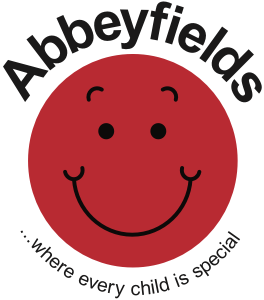Pupil Premium Information 2024-25
Pupil Premium Lead – Mrs L Shooter
Pupil Premium Governor – Mrs K Jackson
Pupil Premium is additional to main school funding and is allocated to schools for children who have been registered for free school meals at any time in the last 6 years, have been looked after for one day or more, are adopted from care or leave care under a Special Guardianship or Residence Order or whose parents have served in the armed forces in any of the previous 4 years.
The aim of the funding is to help address the current inequalities which exist between these children and their peers by raising achievement and improving outcomes. High quality teaching and learning is important to all children, regardless of their background or situation; this is what we strive to provide at Abbeyfields and all staff are committed to this.
It is important to note that not all children eligible for free school meals are low attaining or making poor progress. The individual needs of each cohort in any particular academic year will be assessed and planned for appropriately.
Click here to read the Pupil Premium Policy
Pupil Premium Strategy statement
This statement details our school’s use of pupil premium funding to help improve the attainment of our disadvantaged pupils.
It outlines our pupil premium strategy, how we intend to spend the funding in this academic year and the effect that last year’s spending of pupil premium had within our school.
Click here to read the Pupil Premium Strategy
Updated: December 2024

